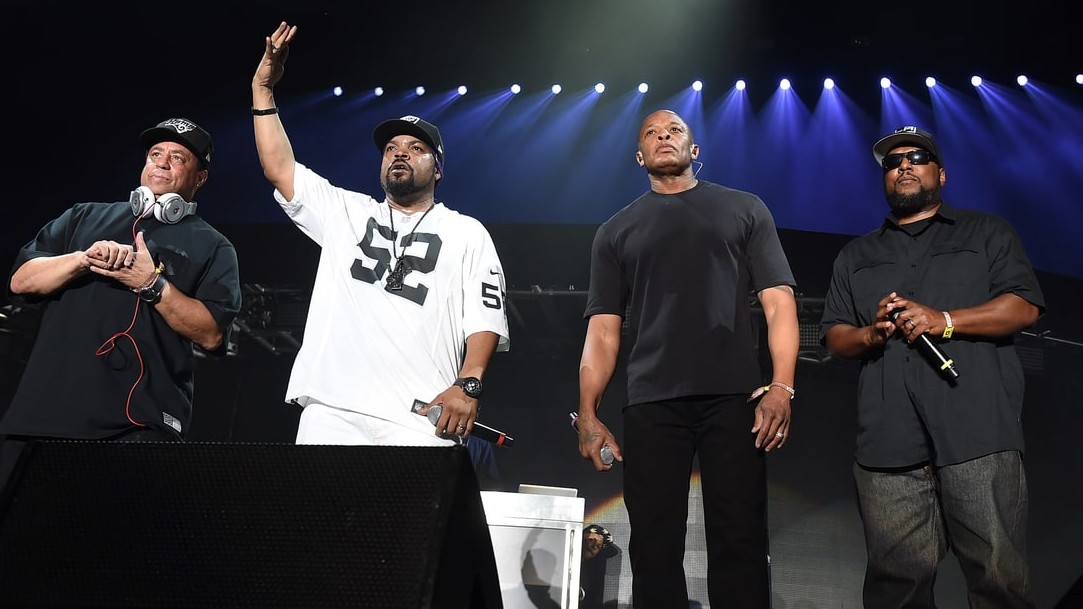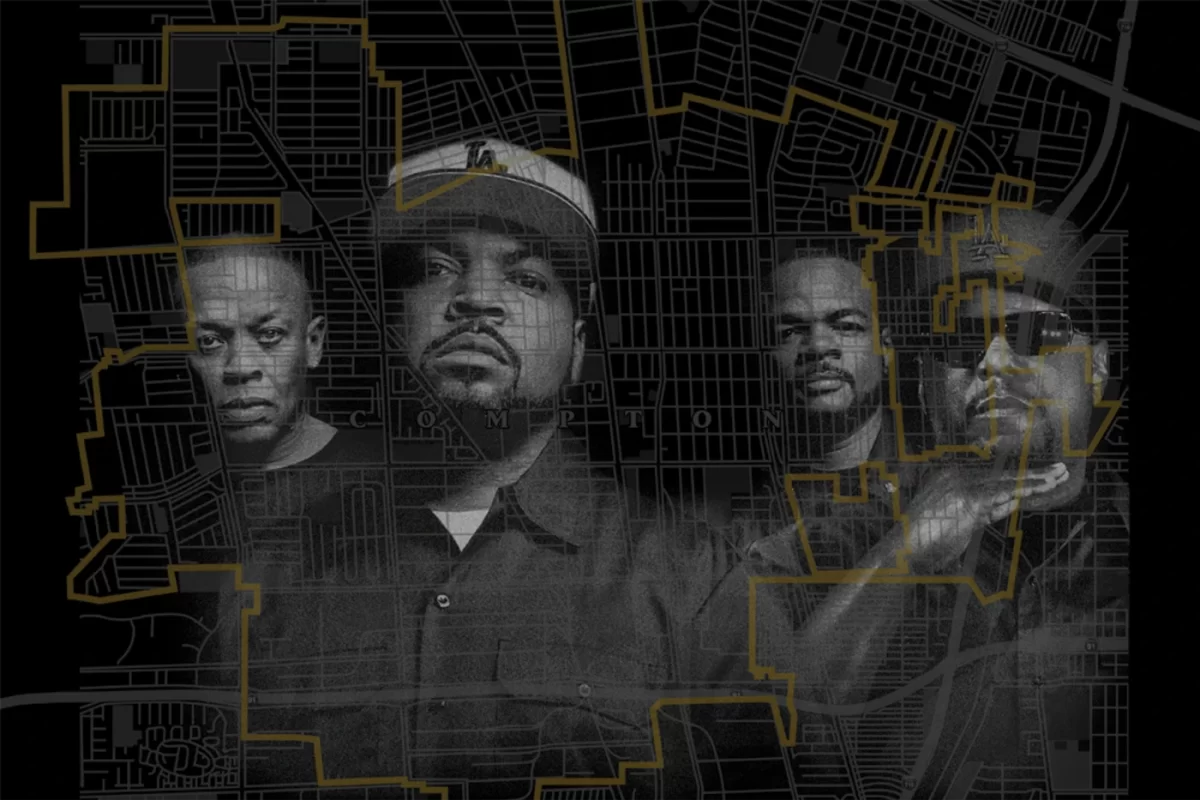Blogs
N.W.A’s Anti-Violence Message: A Revolutionary Move Towards Social Justice
The History of Police Brutality in the United States

Police brutality has been an issue in the United States for many years, with African Americans and other minority groups disproportionately affected. The Civil Rights Movement of the 1960s saw an increase in activism against police brutality, but the problem persisted. This led to the emergence of hip hop music, which became an outlet for artists to speak out against the injustices they faced.
In the late 1980s, N.W.A (N*as With Attitude) emerged as one of the most influential hip hop groups in history. They were known for their raw, unfiltered lyrics that addressed the realities of life in the inner city, including police brutality. N.W.A’s anti-violence message was a central theme of their music, and one of their most controversial songs, “Fk tha Police,” was a scathing critique of law enforcement and their treatment of African Americans.
The song was met with immediate backlash, with many accusing N.W.A of promoting violence against police officers. However, the group argued that their message was not one of violence, but rather a call for accountability and change. The song highlighted the systemic issues within law enforcement and called for a revolution against police brutality.
N.W.A’s Impact on Hip Hop Culture

N.W.A’s anti-violence message and their unapologetic approach to social commentary resonated with audiences around the world and helped to usher in a new era of hip hop music. The group’s message of social justice inspired other artists to speak out against injustice and inequality. The emergence of gangsta rap, a subgenre of hip hop that focused on the realities of life in the inner city, can be traced back to N.W.A and their impact on the genre.
N.W.A’s influence on hip hop culture cannot be overstated. They brought attention to important issues that had previously been ignored by mainstream media and gave a voice to a generation of young people who felt unheard. Their anti-violence message and call for accountability continue to inspire artists today, and their legacy lives on.
The Relevance of N.W.A’s Anti-Violence Message Today

Unfortunately, police brutality continues to be an issue in the United States today. African Americans and other minority groups are still disproportionately affected by police violence, and there is a growing movement to address this issue. N.W.A’s anti-violence message is as relevant today as it was in the 1980s, and their influence can be seen in the Black Lives Matter movement.
N.W.A’s message was not one of violence, but rather a call for accountability and change. The group recognized that the issues facing the African American community were systemic and that meaningful change would require a revolution. Today, activists continue to call for systemic change in law enforcement and the criminal justice system, and N.W.A’s anti-violence message serves as a reminder of the work that still needs to be done.
In conclusion, N.W.A’s anti-violence message was a revolutionary move towards social justice. The group’s unapologetic approach to social commentary inspired a generation of artists and brought attention to important issues that had previously been ignored. N.W.A’s anti-violence message is as relevant today as it was in the 1980s, and their legacy lives on. It is up to all of us to continue the work of social justice and to ensure that the voices of those who have been silenced are heard. Don’t forget to subscribe to our newsletter for the latest blog posts on music and social justice.
Conclusion

In summary, N.W.A’s anti-violence message was a powerful call to action that continues to inspire people today. The group’s unflinching lyrics challenged the status quo and highlighted the systemic issues facing the African American community. Through their music, N.W.A sparked a revolution that demanded accountability and change, and their legacy lives on.
Their influence on hip hop culture cannot be overstated, and their message of social justice continues to inspire artists and activists today. N.W.A’s anti-violence message is a reminder that we must continue to fight for social justice and work towards a more equitable future for all. It is up to us to ensure that the voices of those who have been silenced are heard, and that we do everything in our power to create a more just society.
We hope this article has shed light on the importance of N.W.A’s message and the impact they had on the music industry and beyond. Don’t forget to subscribe to our newsletter for the latest blog posts on music and social justice, and join us in continuing the work towards a more just world.
>>>Related Blog: N.W.A’s Role in Education Reform: Their Impact and Contributions

